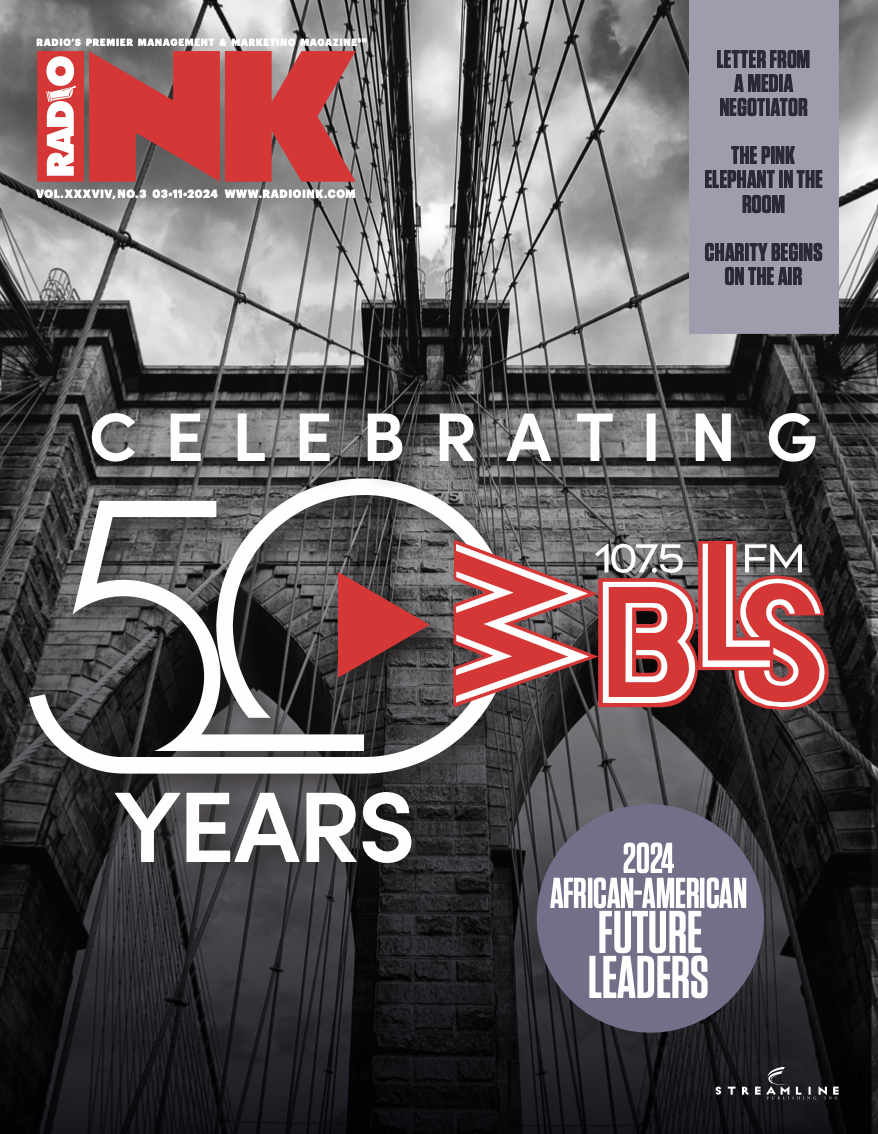
In its first move toward divesting stations since the merger of CBS Radio and Entercom was announced, Entercom has submitted a public filing voluntarily turning in its license to operate Top 40 KDND (107.9 The End)/Sacramento, in order, the company said, “to facilitate the timely FCC approvals for the planned combination with CBS Radio.”
The FCC was planning to hold a license renewal hearing for KDND regarding the “Hold You Wee For a Wii” contest the station held in 2007. Contestant Jennifer Strange died after the contest and it was determined she died from water intoxication.
Entercom said in its announcement of the CBS Radio deal that it would need to divest about 15 of its 244 stations to meet FCC ownership requirements. In Sacramento, the combined company would have had nine FMs and 2 AMs — and so KDND has become the first to be relinquished. Broadcast attorney John Garziglia says he does not recall a similar situation like this where a broadcaster voluntarily gives up a license in a major market. “This is pretty exceptional.” Garziglia says the process moving forward is for the FCC to open an auction filing window for applications. “It goes to auction and the highest bidder gets it.”
The hearing, regarding the license renewal of KDND Sacramento, stems from the 2007 contest called “Hold Your Wee for a Wii” in which the contestant who was able to drink water at regular intervals for the longest time without urinating or vomiting won a Nintendo Wii. Contestant Jennifer Strange died after the contest and it was determined she died of water intoxication. The family later won a wrongful death suit against Entercom and a jury awarded the family $16.5 million. The 36 page ‘Commission Designation Order For Hearing’ calls into question whether the Entercom station is serving the public interest.
The FCC document details a lot of what went on at the station leading up to the contest, how the station apparently was warned of the dangers of drinking so much water and how the jocks on the air at the time changed the contest on the fly, “increasing the danger of the contest.” It’s also a management lesson on how a contest can quickly go wrong.






Glad I’m an Expat for 34-years now having left the US, Sacramento and the all the BS American media has to offer; CNN leads the pack with the most disgusting crap imaginable and the laughing stock of international media. Given the audio side of things… Radio truly sucks in America delivering nothing but a canned daily enema to the masses. Come to Europe in Germany or France and experience real radio like it was back when radio was fun before the 1980s. Radio personalities have fun over here like it should be!
To answer David Aamodt, the current auction system of awarding construction permits for commercial stations is part of the Telecommunications Act of 1996. Congress mandated it as a means of earning money for the government. On account of the 1996 Telecom Act, construction permits (and therefore frequencies) for commercial stations won’t necessarily go to those who will best serve their communities…only to those who have the deepest pockets. Nowhere is the inherent unfairness of this system seen than in AM radio. There, frequencies are not allocated to communities as they are in FM and TV. Instead, one desiring to build a new AM station has to do an engineering study to show the FCC that the proposed station will fit without causing harmful interference to existing stations. If the FCC approves, that frequency is then designated for auction…so someone with deep pockets will end up getting the frequency without having done the original engineering study and legwork.
Thanks, Congress!
KDND is a full-power (50kw) station, though it could benefit from a little more antenna height (it’s at 123 meters above average terrain, short of the max 152 before it starts trading watts for height). The license is valuable. Why not sell it? Do consolidations like this require giving up licenses completely? (I guess they do. Seems strange, though.)
Why doesn’t the FCC allow only non-broadcasters who want to be radio owners apply for the frequency? Or simply allow a minority or woman apply and receive the license. It won’t be in the best interest of radio LISTENERS…or in the best interest of radio ADVERTISERS…and it won’t be in the best interest of radio station EMPLOYEES… if the license simply gets shuffled to another Wall Street radio company. How does that serve the public interest?
While it is indeed rare for a broadcaster to voluntarily relinquish a license in a major market, it has happened before. I know of two cases, both in the Philadelphia market, involving television stations that were turning a profit. The first was around 1961, involving WVUE, an independent station on channel 12 and that market’s only independent station. Storer Broadcasting took WVUE dark so that they could acquire WSPD-TV, a network affiliate in Toledo, Ohio. Channel 12 later went to WHYY-TV, the Philadelphia area’s PBS outlet. The other happened in August, 1982. Field Broadcasting was being liquidated due to a feud between two brothers who owned the company and most of their stations were sold, but they could not sell their Philadelphia outlet, WKBS-TV (independent, channel 48) in time to meet a deadline, so they simply took the station dark and surrendered the license.